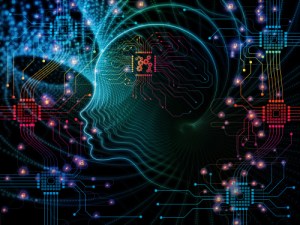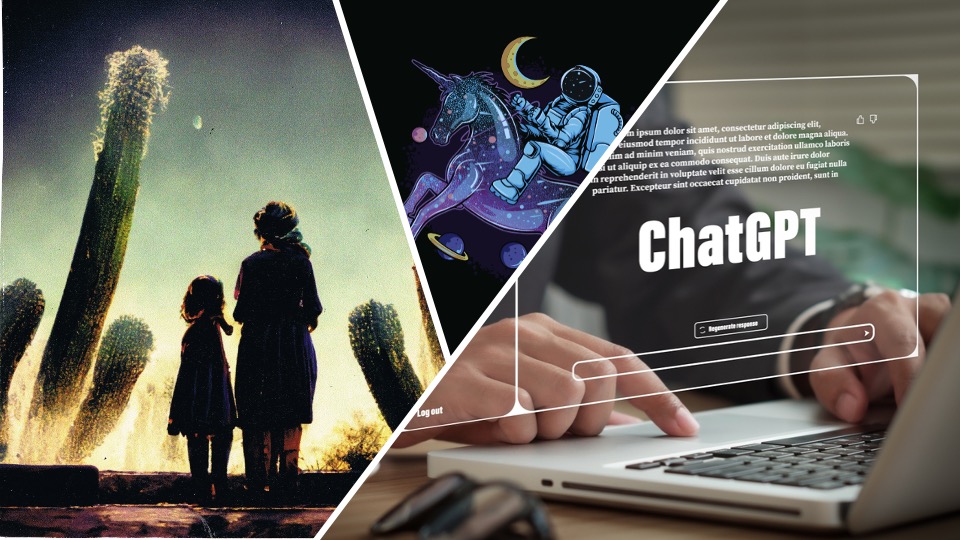
Make AI “Intelligent” Again
The term “artificial intelligence” (AI) was first coined in 1956, at a conference at Dartmouth College, in Hanover, New Hampshire. Since then, AI has had its ups and downs. The period between 1974 – 80 has become known as “AI Winter,” because heavy criticism about its progress led to a reduction in both government interest and government funding. The field experienced another winter from 1987 – 93, which coincided with a collapsing market for early general-purpose computers.
Things have changed significantly since then. Today, AI and machine learning are hot again.

One of the breeding grounds for artificial intelligence, MIT, recently announced a bold plan to reshape its academic program. With $1 billion in funding, the research university will create a new college that combines artificial intelligence, machine learning, and data science with other academic disciplines. The initiative marks the single most significant investment in computing and AI by an American educational institution. This will help position the United States to lead the world in preparing for the rapid evolution of computing and AI.
A few months ago, I read AI Superpowers by Kai-Fu Lee. One of the world’s leading AI experts, Dr. Lee has been involved in AI research, development, and investment for more than 30 years. His book discusses the rapid rise of artificial intelligence, the competition between the US and China in AI, the inevitable automation of routine jobs, and how humans and AI will coexist in the future. Dr. Lee also creates a compelling case about China’s progress due to fewer data protection regulations in the country, an “aggressive” startup culture, and the availability of government funding for the AI industry.
There’s certainly a lot going on. According to The McKinsey Global Institute, robotics and AI technologies have advanced to the point where it would be possible to automate at least 30 percent of activities in about 60 percent of the world’s current occupations. (That alone is a scary projection. Will AI be “intelligent” enough to take over your job?)
So, what can hinder AI growth this time, given all the positive outlook about its bright future?
My Point of View:
Data. Specifically, the quality of data. Just as the success of AI is dependent on the effectiveness of the models designed by data scientists, the success of the model itself is dependent on the availability of accurate data. The insights we get from AI and machine learning algorithms are only going to be as good as the data that feeds them.
The thought of giving machines abilities once reserved for humans is…creepy. But technologies have matured. And now’s the time to combine the power of artificial intelligence with high-quality data. This data-driven approach will help us achieve breakthroughs and could make AI “intelligent” again. The potential result? The US could continue to lead on AI throughout the 21st century and beyond.
So, what about you? What’re your thoughts about making AI “intelligent” again? Please share your comments or reach me on Twitter at @MDMGeek.
COMMENTS
Leave A Comment
RECENT POSTS

Composable Applications Explained: What They Are and Why They Matter
Composable applications are customized solutions created using modular services as the building blocks. Like how...

Is ChatGPT a Preview to the Future of Astounding AI Innovations?
By now, you’ve probably heard about ChatGPT. If you haven’t kept up all the latest...

How MDM Can Help Find Jobs, Provide Better Care, and Deliver Unique Shopping Experiences
Industrial data is doubling roughly every two years. In 2021, industries created, captured, copied, and...
[…] now, you’ve probably heard about ChatGPT. If you haven’t kept up all the latest innovations in AI, it’s a bombshell AI chatbot taking the internet by storm. It’s considered to be a hot, new […]